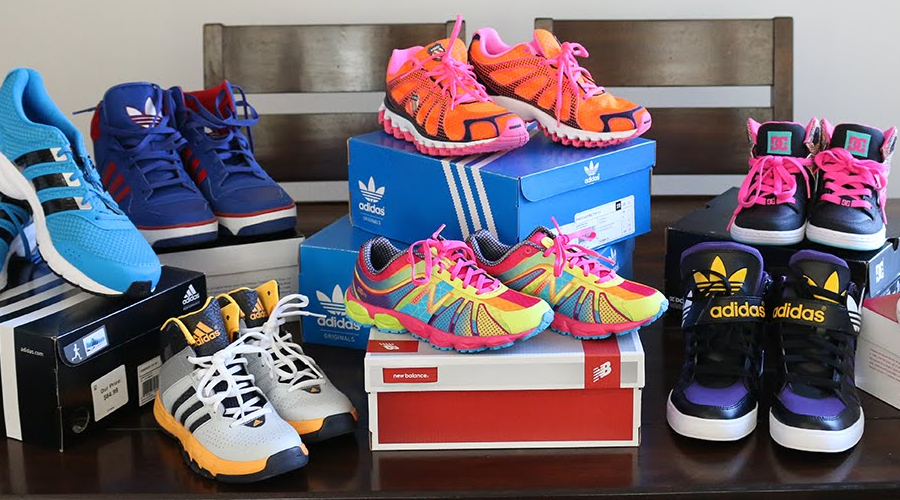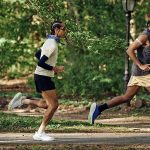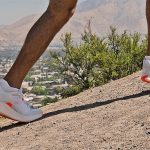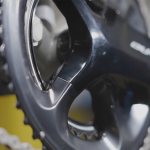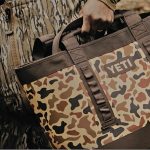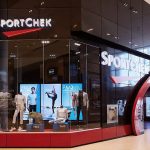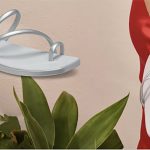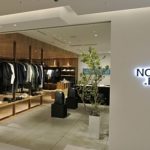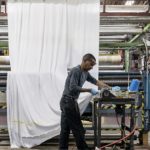By Thomas J. Ryan
Shoe Carnival Inc. (Nasdaq:SCVL) narrowed its sales guidance for the year due to a late start to the back-to-school (BTS) selling season. But unlike competitor Famous Footwear, officials said the delayed buys impacted athletic footwear sales.
The off-price shoe chain now expects an annual sales in the range of $1.012 billion to $1.016 billion, with a comparable store sales increase in the range of 1.5 to 2 percent. Previously, it expected sales to be in the range of $1.007 billion to $1.027 billion, with a comps up between 1 to 3 percent. The company maintained its EPS guidance in the range of $1.58 to $1.65, although that’s only because of its stock repurchase efforts.
Earnings for Shoe Carnival’s fiscal-2016 second quarter, ended July 30, slid 14.8 percent to $4.1 million, or 22 cents a share, missing Wall Street’s consensus target of 27 cents a share. Sales inched up 1.8 percent to $231.9 million. Comps gained 0.5 percent, missing guidance calling for an increase in the low-single digits.
Investors reacted negatively to the news sending Shoe Carnival’s stock price down more than 10 percent, September 1, following the release.
On a conference call with analysts, Shoe Carnival President and CEO Cliff Sifford, noted that the chain in the quarter benefited from a combination of higher conversion rates, average sales per transaction and units per transaction, but was held back by a mid-single digit decline in traffic.
By month, May started off cool and rainy, affecting seasonal product, he said. June saw a “nice rebound” in sandals with more seasonal weather. In July, sandals continued their momentum, but adult athletics trended down low-single digits.
“As we entered the key back-to-school sales season at the end of the second quarter, we saw a strong trend where our customers shopped not only closer to the start of school, but continued to shop well after school began,” Sifford said. “This isn’t the first time customers have waited to buy their footwear closer to need; however, this year it was more pronounced than we have seen it in previous years.”
The BTS procrastination was an echo of what rival Famous Footwear noted a day earlier in its earnings report, but while Famous Footwear still reported gains in the athletic category for the second quarter, Shoe Carnival experienced slight declines.
Overall for the quarter, adult athletic was down less than one percent on a comp basis. Decreases were seen in performance running, cross training, and the skate categories “as we believe that customers waited later to make decisions on back-to-school purchases,” Sifford said. Canvas basketball and updated retro categories performed well throughout the quarter.
Women’s non-athletic for the quarter was up low-single digits on a comp basis. The increase was driven primarily through the high-single digit increase in sandals. A high-single digit gain was also seen in junior dress, driven by new offerings added over the last several years. Men’s non-athletic was slightly up on a comp basis as a mid-single digit increase in men’s dress and a double-digit increase in men’s casual boots offset weakness in men’s casual, weighed down by boat shoes. Children’s was up low-single digits, driven primarily from athletic footwear, including canvas basketball.
Gross margins for the quarter were 29 percent, compared to 29.1 percent in the second quarter of last year. This decrease was driven by a 40 basis point decrease in its merchandise margins partially offset by a 30 basis point decrease in buying, distribution, and occupancy expenses as a percentage of sales.
Gross margins are also being impacted by higher shipping charges resulting from the full-year roll out of its Shoes to You program, although the ship-to-home program has improved customer conversion rates at the store level. As a result, gross margin for the remainder of the year is expected to be essentially flat to slightly up as compared to the prior-year periods.
SG&A expenses in the second quarter increased $2.2 million to 26.1 percent of sales compared to 25.6 percent in the second quarter last year. The increase was due to new stores as well as increases in wages, advertising, other employee benefits, and equity compensation.
Shoe Carnival ended the quarter with inventory down approximately 2.5 percent on a per-door basis, in line with expectations. The goal by year-end is to reduce its per door inventories by mid-single digits.
Sifford noted that in the fourth quarter last year, retailers experienced warmer than normal weather patterns which negatively impacted the sales of seasonal product. He added, “We believe with more normalized weather patterns, we have an opportunity to end the year with less fall product inventory versus the levels we had on hand for the same time period last year.”
Discussing several key initiatives, Sifford noted that the company added approximately 1.2 million members to its Shoe Perks loyalty program in the second quarter, the second straight quarter of record enrollment. The program in total now has 11 million members who, on average, spent 20 percent more than non-members and accounted for 67 percent of sales in the second quarter. The program enables the chain to communicate special promotions and sales events to its key customers. A customer segmentation tool is being rolled out to identify high-value customers and target specific communications to increase shopping frequency and average order value going forward.
Shoe Carnival will also roll out buy-online, pick-up-in-store and buy-online, ship-to-store beginning this quarter. Drop ship ordering from key vendors will be introduced in 2017.
Looking ahead, Sifford said that August’s sales are up 1.3 percent. He said 90 percent of schools have opened with two more weeks of BTS selling to go. Added Sifford, “For the first time I can remember, footwear sales accelerated a day or two prior to school starting and continued to perform well after school began.”
In athletics, Shoe Carnival has seen a slowdown in canvas footwear overall quarter-to-date, even though strong sales gains continue in canvas basketball, especially in women’s. Other drivers of the adult athletic category are updated retro styles for both men and women’s running categories, along with men’s and women’s moderate running and men’s performance basketball.
Children’s shoes are also performing well, with kids athletic comping up mid-single digits month-to-date. On the women’s non-athletic side, junior dress, flats, sandals and the junior bootie category are performing well.
Added Sifford, “As a reminder, our sales comparison on seasonal products gets easier once we enter into the fourth quarter, and with any cooperation of the weather, we should experience a better boot performance during that important time period than last year.”
For the third quarter, Shoe Carnival expects comps to increase low-single digits. Gross margins are expected to increase slightly and SG&A to leverage slightly as a percentage of sales compared to the same period a year ago.
Photo courtesy Shoe Carnival

